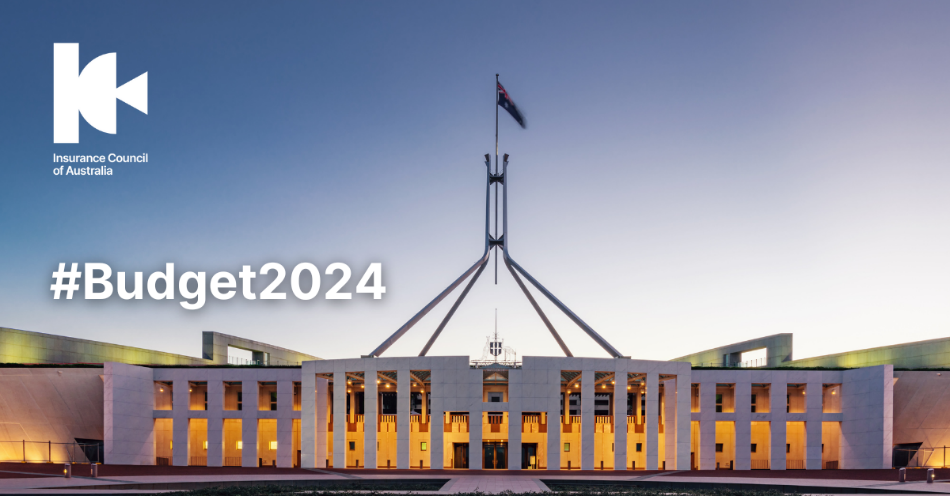Home Government Page 2
Budget funding for disaster preparedness welcomed

News release
Tuesday, 14 May 2024
The Insurance Council of Australia (ICA) today welcomed additional funding in the 202-25 Budget to improve Australia’s preparedness to respond to disasters and resilience to natural hazards, including funding to uplift the National Emergency Management Agency’s capacity to support Australians before, during and following disasters, and to the Department of Social Services to support Australians experiencing financial distress in times of crisis and natural disasters.
The ICA looks forward to continuing to work with the Commonwealth to develop positive policies to improve the affordability and availability of insurance as Australians experience cost-of-living pressures.
Continuing to invest in reducing risk to Australian homes and communities, including through the Government’s Disaster Ready Fund (DRF) is vital to taking pressure off insurance costs for households grappling with the cost-of-living.
The ICA looks forward to continuing its work with the Government through the Hazards Insurance Partnership to inform future investments of the DRF, as well as more broadly to develop policies to address land use planning, building codes, risk mitigation programs, skilled labour storages, data investment, cyber security, and tax and regulatory reform.
Insurers will continue to work with the Commonwealth to find ways to complement the DRF, including continuing to encourage Federal and State Governments to establish a permanent voluntary program for buybacks and home-raisings in extreme flood risk areas to move people out of harm’s way before disasters occur, building on the schemes put in place in New South Wales and Queensland in the wake of the record-breaking 2022 floods.
Quotes attributable to ICA CEO Andrew Hall:
Insurance is a critical safeguard to enable Australian families to go about their lives and businesses to operate and grow. We know that Australians are feeling the cost-of-living crunch, including through the impact of higher insurance premiums driven by escalating disasters costs, inflation and global reinsurance premiums.
Reducing physical risks to homes and communities before disasters strike is vital to taking pressure off insurance costs in Australia. That’s why we welcomed the Albanese Government’s announcement of the $1 billion Disaster Ready Fund, which is now in its second year of operation. However, the overall investment in resilience and mitigation remains below where we need to be as a nation.
The budget papers show that the forecast cost to the Commonwealth alone of recovering from the disasters of recent years has increased by almost $4 billion just since December, highlighting why investment in disaster mitigation is more important than ever.
The Insurance industry continues to work constructively with the Government to find ways to put downward pressure on insurance costs and build a more resilient Australia, including continuing to highlight the $6.8 billion stamp duty take on premiums by state governments and the need to return some of that funding to stronger resilience and mitigation measures.



